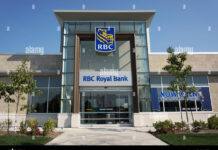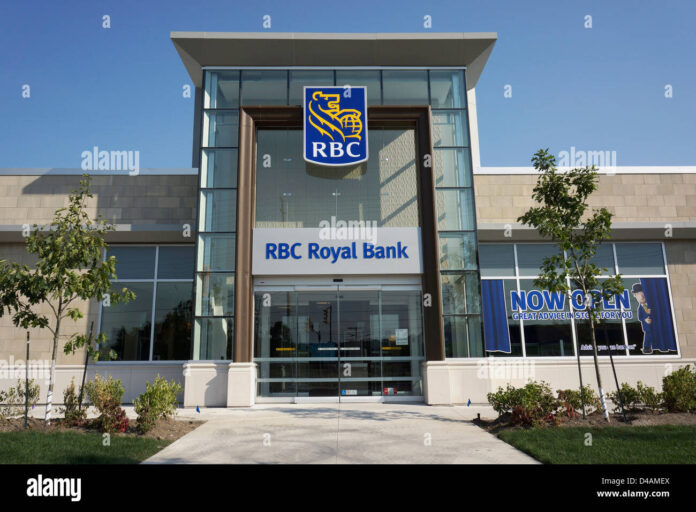As Canada’s leading bank in terms of both revenue and market capitalization, Royal Bank of Canada (RY) commands a significant presence in not only the Canadian banking landscape but also in U.S. investment banking and global wealth management. Recently, RY finalized the acquisition of HSBC Canada from HSBC (NYSE:HSBC), a move expected to bolster its quarterly earnings by approximately $170 million, provided it maintains its fourth-quarter performance.
However, the hefty price tag of $13.5 billion for HSBC Canada raises eyebrows, translating to an earnings multiple of 19.85 times, far exceeding the S&P 500 banking index’s forward earnings multiple of 10.5 times. While RY aims to extract greater value through cost-cutting measures, such assertions warrant cautious scrutiny, especially considering that this deal stands out as one of the costliest in global banking history and the priciest in Canadian banking annals.
Despite the eyebrow-raising deal, Royal Bank of Canada boasts commendable financial indicators. Its 12-month revenue has surged by 11% over the past year, while earnings have seen a compounded annual growth rate of 5% over the last five years. Such past performance underscores RY’s resilience and adaptability in navigating market challenges.
However, the pertinent question remains: Will Royal Bank of Canada sustain its stellar performance in the future, and is its current valuation justified? Evaluating RY’s prospects requires a careful examination of its strategic initiatives, market conditions, and potential risks, factors that will ultimately determine whether the stock merits its current valuation.


























